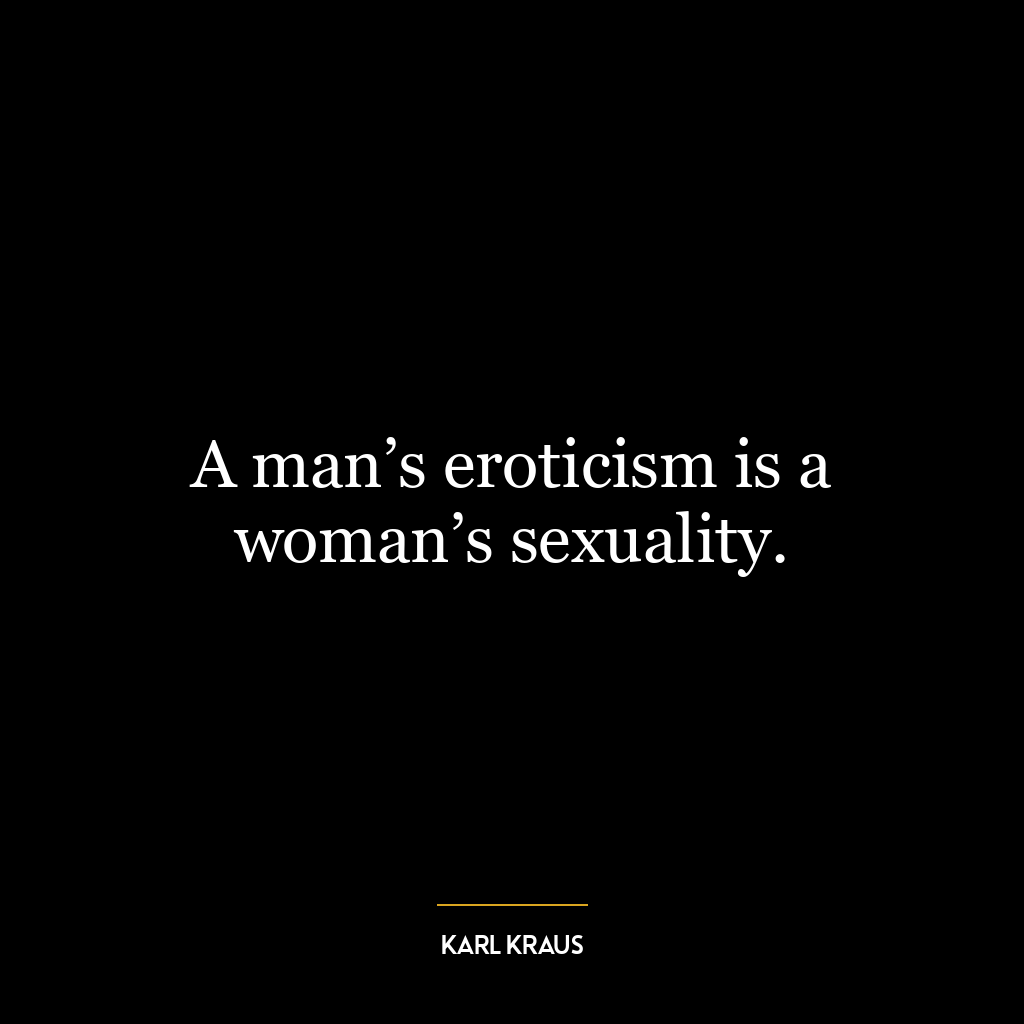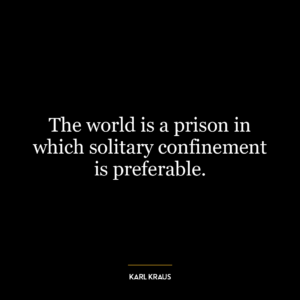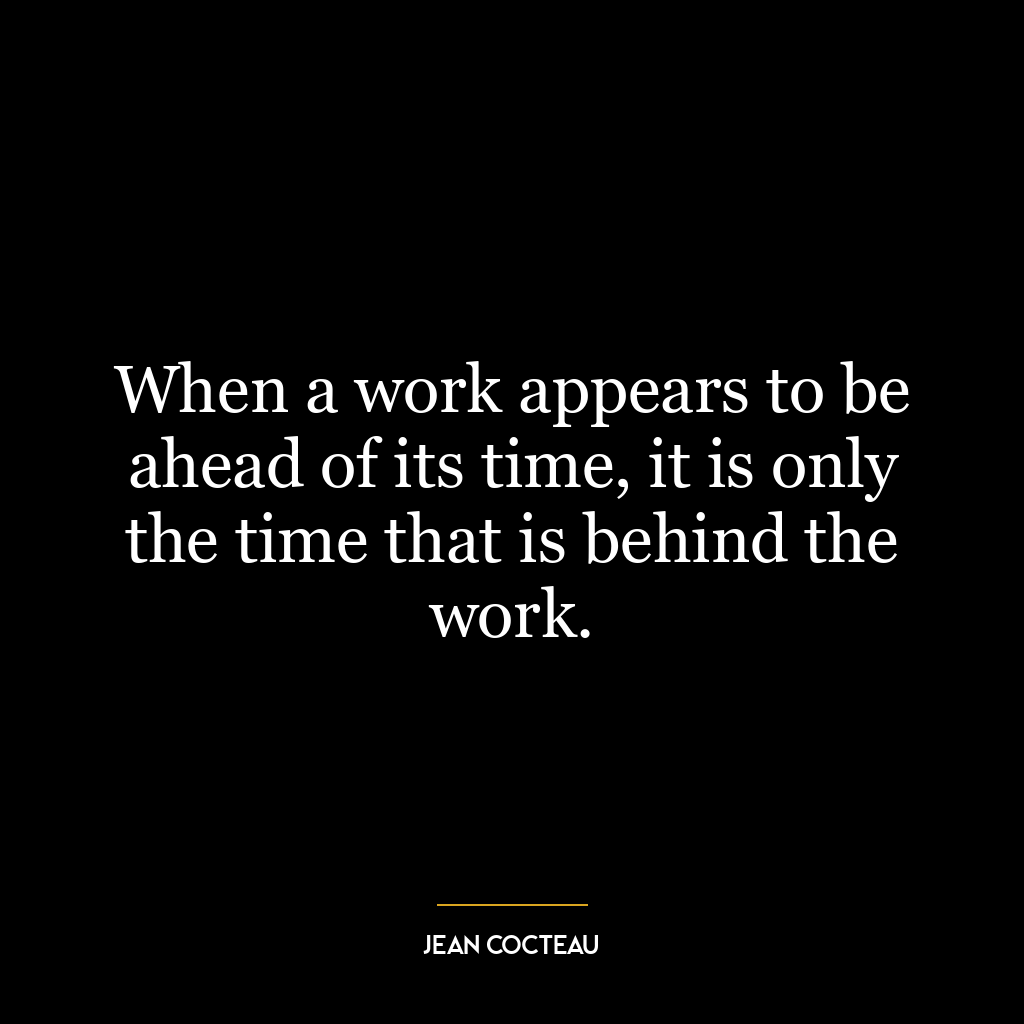A man’s eroticism is a woman’s sexuality.
This quote can be interpreted as a reflection on the dynamics of sexual attraction and desire. “A man’s eroticism is a woman’s sexuality” suggests that a man’s sexual desires or fantasies (eroticism) are often centered around or triggered by a woman’s sexual identity or behavior (sexuality). It implies that a man’s erotic feelings or thoughts are not self-contained, but rather, are a response to a woman’s sexuality.
In other words, the quote is suggesting that men’s erotic feelings are often dependent or contingent upon women’s sexual identities or expressions. This could be seen as a commentary on how societal norms and expectations shape our understanding and experience of sexuality. Men are often portrayed as the pursuers or initiators of sexual activity, while women are often portrayed as the objects of desire. This dynamic can create a situation where a man’s erotic feelings are tied to a woman’s sexual behavior or identity.
In today’s world, this quote could be seen as a critique of gender norms and expectations surrounding sexuality. It challenges the traditional, heteronormative views of sexual desire and attraction, suggesting that these are not fixed or inherent, but rather, are shaped by societal norms and expectations.
In terms of personal development, this quote could encourage individuals to reflect on their own sexual desires and identities. It could prompt individuals to question the societal norms and expectations that shape their understanding and experience of sexuality. By recognizing that our sexual desires and identities are not fixed or inherent, but rather, are shaped by societal norms and expectations, we can begin to challenge these norms and expectations and develop a more authentic and individualized understanding of our own sexuality.















